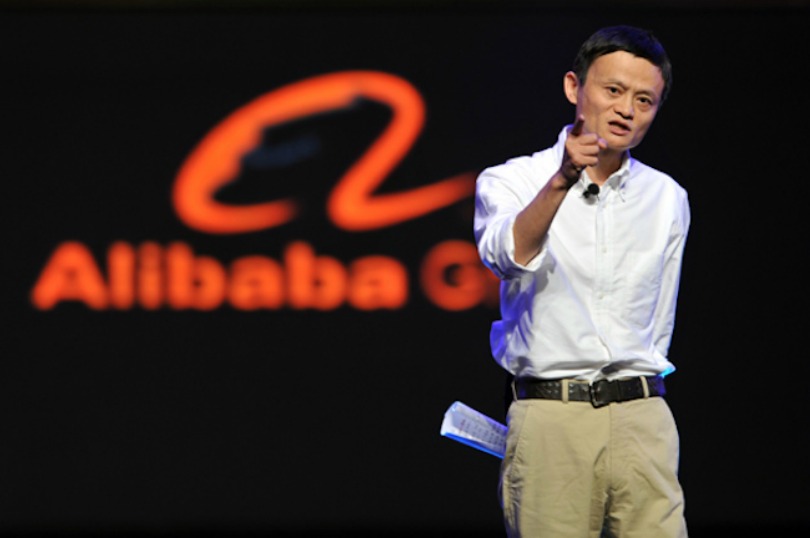Alibaba reports to brands on anti-counterfeiting efforts

Alibaba this week provided an update on its “express” handling of IP infringement cases at the Brand Rights Holders Day in Beijing, China.
Since introducing technology enhancements to its Intellectual Property Protection (IPP) platform last month, the e-commerce giant resolved 96 per cent of claims within 24 hours, with 83 per cent resulting in the listings being taken down.
The remaining 17 per cent were declined mainly for reasons, such as insufficient evidence to prove infringement or a mismatch between the complained listing and IP documents filed.
Alibaba’s IPP platform is used by brands and IP owners to flag and request the take down of counterfeit or IP-infringing product listings. Last month, company introduced automated complaints processing, analysis and product authentication systems to speed the handling of cases.
It also introduced a single point of entry for brands and IP owners to lodge complaints across all its e-commerce platforms, streamlining the process considerably.
A dedicated team has reduced the time it takes to respond to claims, as well as proactively reach out to new users and those with more complicated cases.
To ensure continuous improvements of the platform, Alibaba has said it will conduct regular satisfaction surveys and invite rights holders to provide feedback about their user experience.
“Brand trust is core to our mission,” said Jessie Zheng, Alibaba’s chief platform governance officer. “Our enhanced platform, along with significant progress in other important initiatives all showcase the industry best practices Alibaba is creating for the benefit of all our stakeholders.”
The company said its Brand Right Holders Day event and platform upgrade received positive feedback from participating brands. The event brought together 180 brand representatives to discuss ways to improve IP protection and build up mutual trust.
Alibaba has been ramped up efforts against counterfeiters in recent months, including collaborations with brands and stakeholders, partnering with law enforcement and taking legal action against infringers.
In January of this year, it partnered with 30 international and Chinese brands, including Louis Vuitton, Samsung, Amway and Mars, to form the Alibaba Anti-Counterfeiting Alliance, which leverages big data and the latest technologies to fight counterfeiting.
Alibaba also sued two Taobao vendors for selling fake Swarovski watches at the start of this year, and went to court in May to seek damages against a vendor who was previously convicted of trademark violation by selling fake Wuliangye-branded spirits.
Last month, it announced a partnership with the governments of 13 Chinese provinces to provide law-enforcement bodies with data to track down and prosecute criminal rings and activities. The technology not only tracks illegal transactions, but also traces them upstream to the production source.
And most recently, the company reached an agreement with French luxury group Kering to take joint enforcement action against infringers both online and offline.
Comment Manually
You must be logged in to post a comment.

No comments